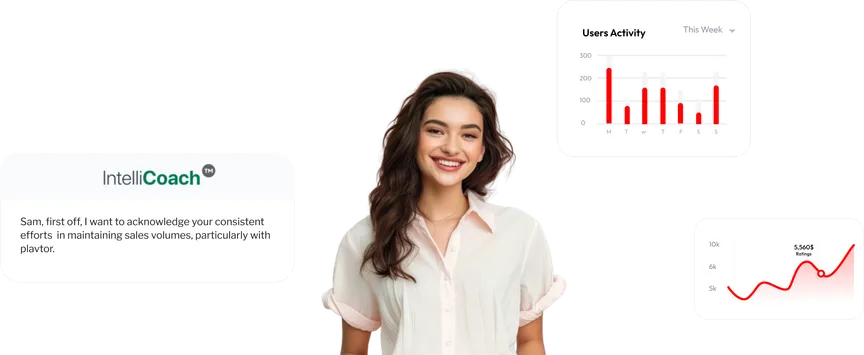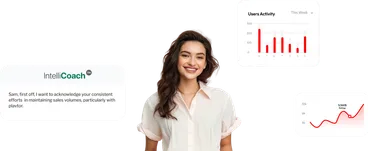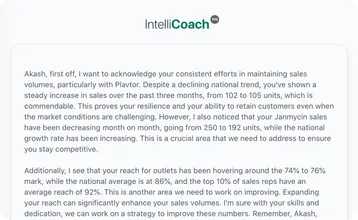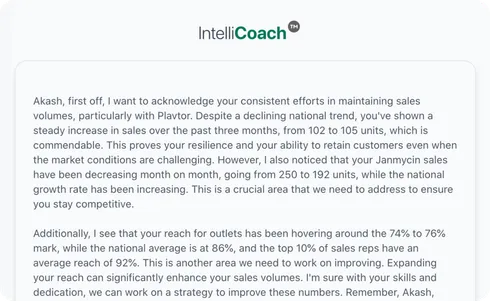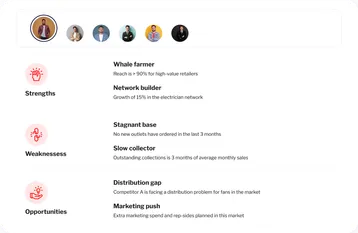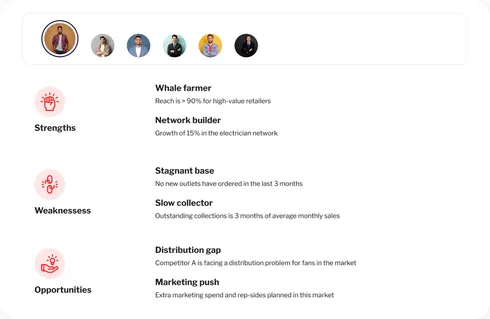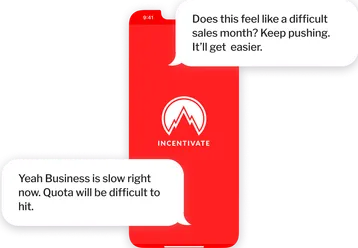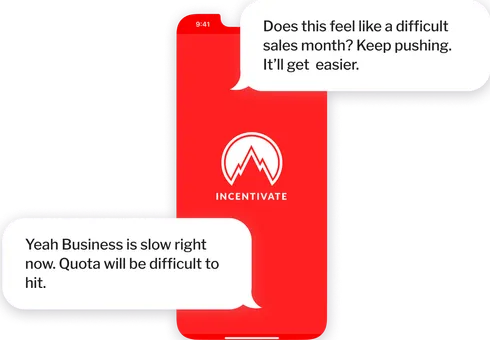Automated solutions are technological systems that perform tasks with minimal human involvement, bringing about a revolution in various industries.
These solutions leverage technology, often software and hardware, to execute predefined actions, reducing the need for manual effort. Automated solutions aim to streamline and optimize workflows, increase efficiency, reduce errors, and save time.
Robotic Process Automation (RPA) employs software robots to emulate human interactions with digital systems, handling repetitive tasks efficiently. Industrial automation optimizes manufacturing processes, utilizing machines for assembly and quality control tasks. In IT, automation scripts manage, monitor, and configure infrastructure components. While benefits include increased efficiency, accuracy, and cost savings, challenges like initial implementation costs and concerns about job displacement require consideration. Overall, automated solutions redefine workflows, offering scalability and freeing human resources for more complex endeavors, albeit with nuanced considerations.
